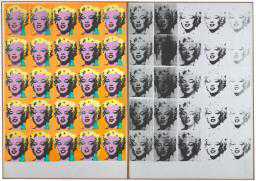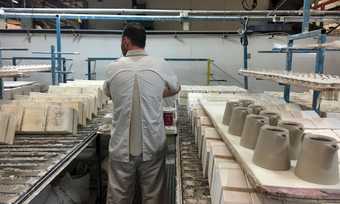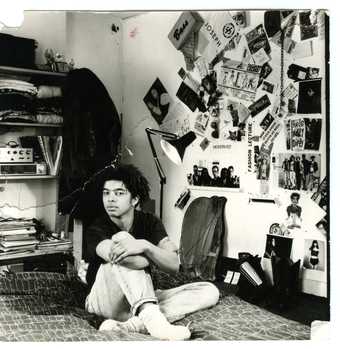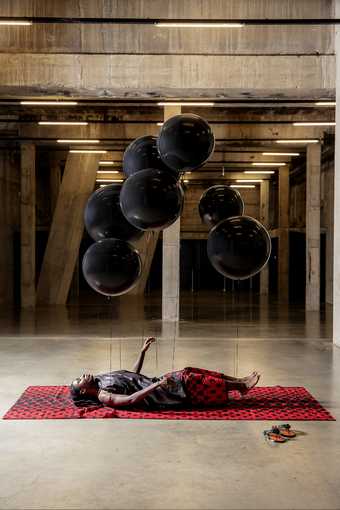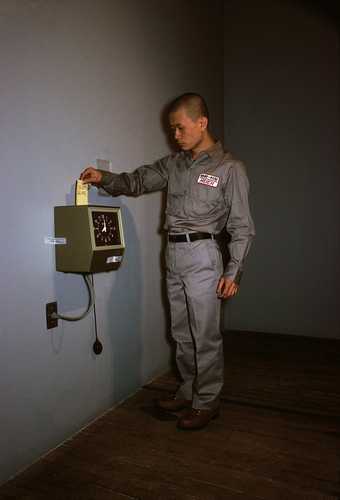What is 'production' and why does it matter?
pro·duc·tion
Late Middle English: via Old French from Latin productio(n-), from producere ‘bring forth’
This year at Tate Exchange we’re exploring the idea of production.
'Production' is a word with many meanings. It can refer to the making of something, or to a final product, like a theatrical performance. It can be the process of bringing a song or musical work to life. Or honing that work to perfection. 'Production' might conjure images of factory production lines, or the theories of Karl Marx. Production is labour, capital, and the invisible groundwork of modern society. And it can be as simple as making a clay pot with your hands. Production is at once mechanical and biological – think of 'reproduction' – and ultimately human.
What does it have to do with art?
Production is at the heart of making art. Artists and theorists have long acknowledged its importance as both an artistic action and an idea to be explored. And as the role of production has shifted in our lives, so have the ways in which artists have responded to it. While some contemporary artists foreground production as a tool, others use their work to explore ideas around production we might otherwise overlook.
Take a look at some of the ways in which production appears in our collection. How have artists addressed and responded to the idea of production through their work?
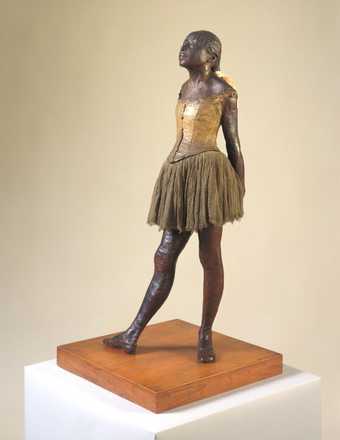
Edgar Degas
Little Dancer Aged Fourteen (1880–1, cast c.1922)
Tate
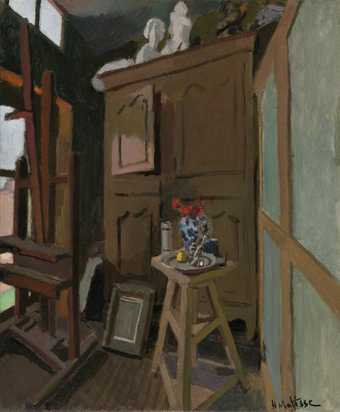
Henri Matisse
Studio Interior (c.1903–4)
Tate
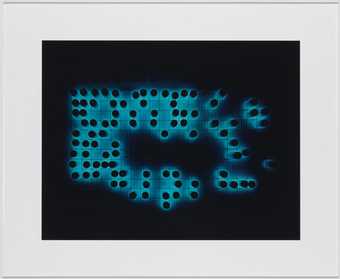
Taryn Simon
Nuclear Waste Encapsulation and Storage Facility, Cherenkov Radiation Hanford Site, U.S. Department of Energy Southeastern Washington State (2007)
Tate
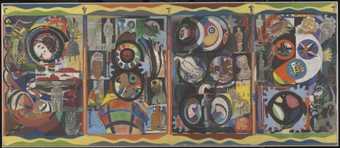
Eileen Agar
The Autobiography of an Embryo (1933–4)
Tate
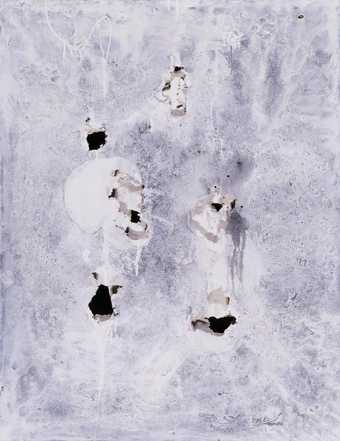
Shozo Shimamoto
Holes (1954)
Tate
Get involved
Want to find out more? Visit Tate Exchange and explore production in its many forms through our year-long programme. Come back to this page for more production stories in the collection. Follow us on Instagram and Twitter. And join the conversation on #TateExchange.

